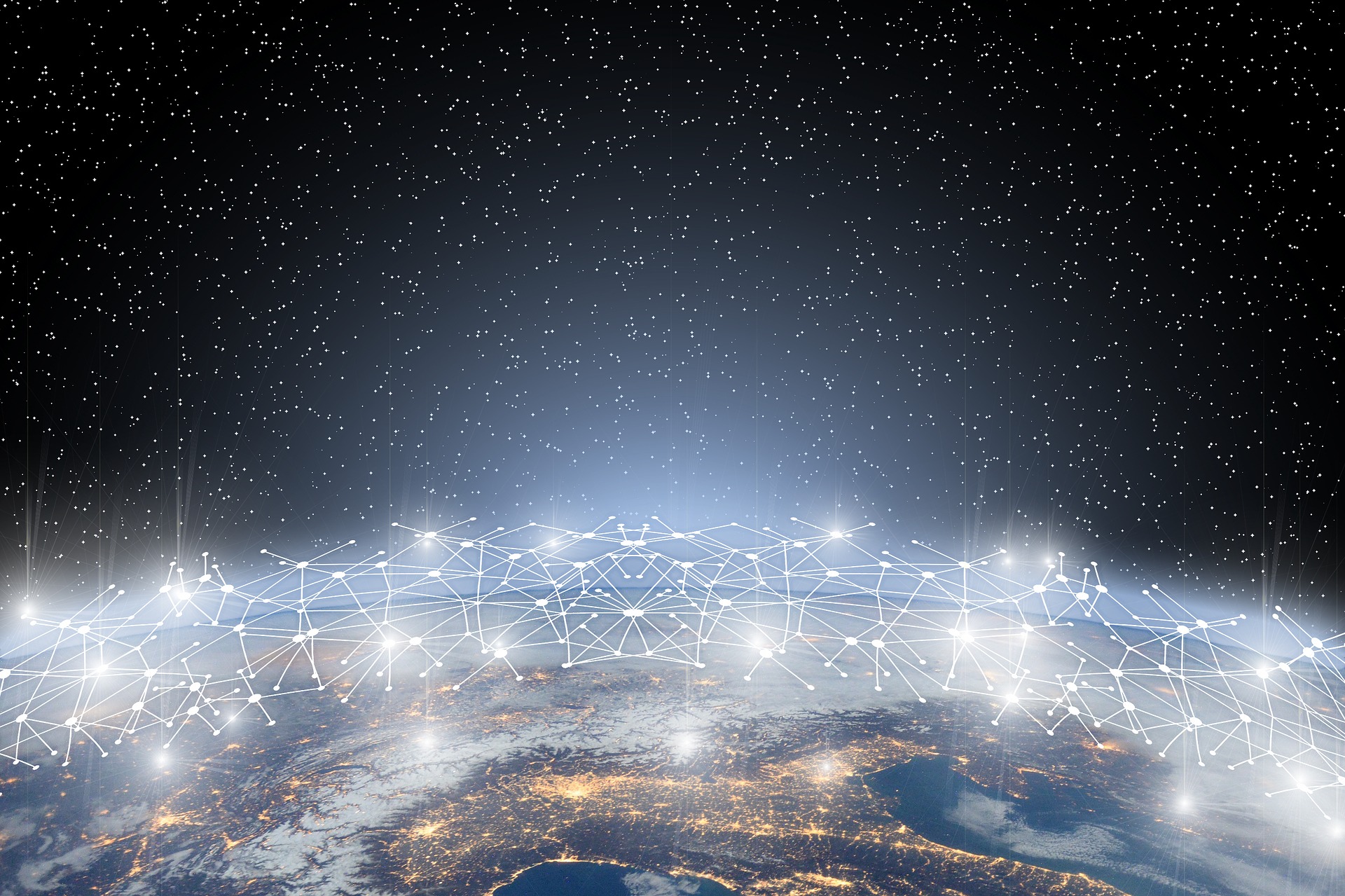Human brain power doesn’t cost the environment, ChatGPT’s does – so should we be moderating our AI use?
Article by:Alex Maxwell

There’s been a stream of content in the news lately about data centres’ insatiable – and expeditiously growing – consumption of energy, water and other resources. This is particularly pertinent at a time when the UN chief has just labelled 2024 “a masterclass in climate destruction” at COP29.
AI is a prime culprit in increasing the energy load piling up on data centres. But from search engines to our mobile phones, it’s becoming an unavoidable feature. It begs the question, should we be moderating our use of AI tools?
The issue is it’s very hard to track our digital energy use. There’s also no hiding the fact true change hinges on Big Tech creating sustainable data centres. But with most things in life, moderation is key.
When it comes to PR activity, striking a balance might not only be useful in limiting our energy use but also in producing a happy medium that can maximise PR’s value – what exactly do I mean by this?
‘Tech vision’
The story of progress in the business world, and indeed society, is that once tools and tech are adopted widely enough, people become largely reliant on them. This is how the world develops. But the human skills such tech is replacing are still of value to the activity taking place.
Take Google Maps, for instance. Most people rely on such apps for their travel – and more often than not, they identify the most efficient route to take. But there are still instances where I know from my personal navigation experience and knowledge when other routes/travel modes are faster or more convenient for that situation: routes that would otherwise be missed altogether. What’s more, I can review and adapt suggestions to create even better routes.
The same concept applies to using AI. It can be easy to get what I call ‘tech vision’, where you become so reliant on a tool that you end up losing the basic skill which allows you to derive the most value from it. But if you can strike a sustainable balance in how much you use AI to support your work, you can produce the optimal results.
Finding the balance
In the business and marketing world, messaging is curated to spark fears of falling behind if you don’t adopt AI in some form. And there’s definitely some truth in this.
AI models can trigger ideas incredibly quickly and will become more sophisticated as time goes on. The technology calculates in a completely different manner to humans: it performs the same task, but will arrive at conclusions in ways we haven’t contemplated. Speaking on the How To Fail podcast, historian and writer Yuval Noah Harari explains this impact on the East Asian game Go.
“It [AI] used tricks, moves, strategies that were completely alien, that did not occur to any human being in 3000 years of playing Go,” Harari says. “Now human beings play Go differently because they are learning from the AI.” Clearly, there is much to be gained from AI, if it’s used responsibly.
But implementing AI too hastily or becoming too dependent on it can also backfire, especially creatively. If PR agencies relied solely on ChatGPT tools as content creators, for example, their work wouldn’t reflect what’s happening around them in real time and lack human creativity, not to mention the hallucinations they can produce. They can’t write as fluently or reflect your personality and experiences.
For now, AI’s fundamental value is in driving efficiency, rapidly analysing/summarising data and sparking ideas. Human insight is integral to understanding what suggestions are good, how they can be applied, where they are lacking and what might be missing altogether.
The best approach is to identify use cases where AI can deliver value, not hamper it, while maintaining the valuable human skills needed for your creative output. It’s all about AI’s sustainable integration and use.
A sustainable moderating act
Coming full circle, how does this relate back to the environment?
While there’s no exact data available on how much energy models like ChatGPT use, Google’s revelation that its emissions had nearly doubled over the last five years due to the expansion of its data centres underscoring AI paints a vivid picture. Tackling this is largely dependent on Big Tech driving forward renewable energy and sustainable practices for data centres – something it says it is pioneering.
But the hidden energy costs from using AI are also an apt reminder for using AI sustainably: becoming entirely dependent on such tools can mean we gain ‘tech vision’ and lose human skills which can, in turn, enhance AI activity.
There is much to be gained from using AI. But as with most things in life, moderation is key.
Related Articles


